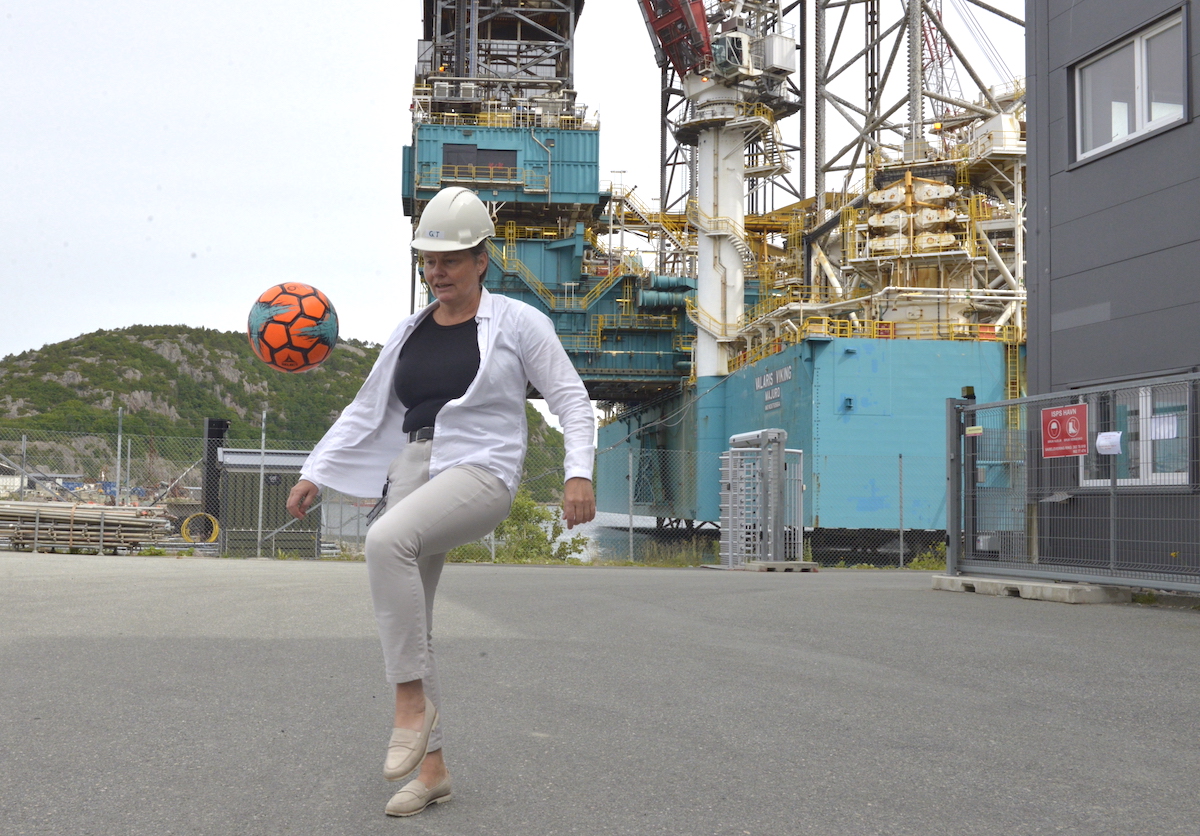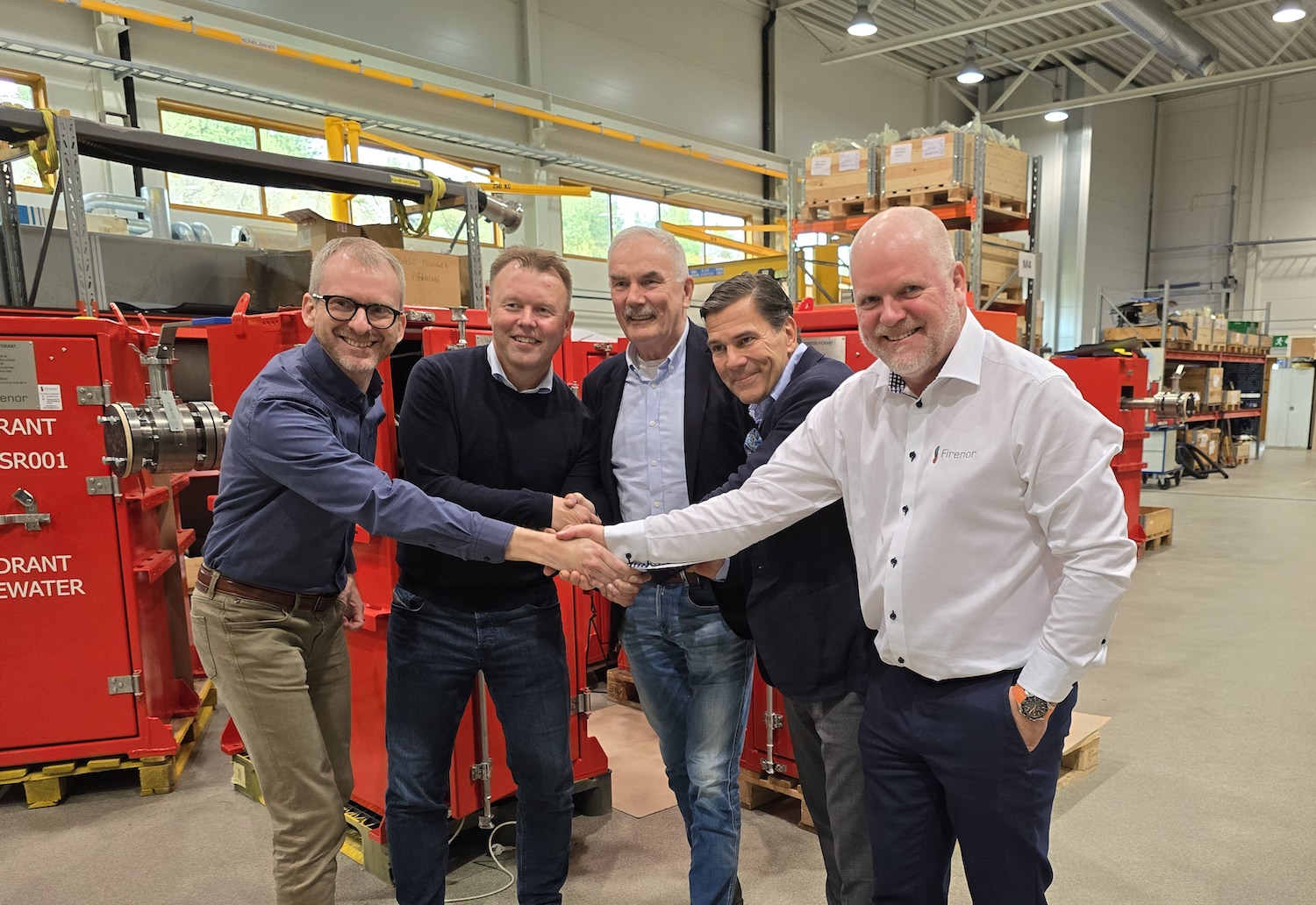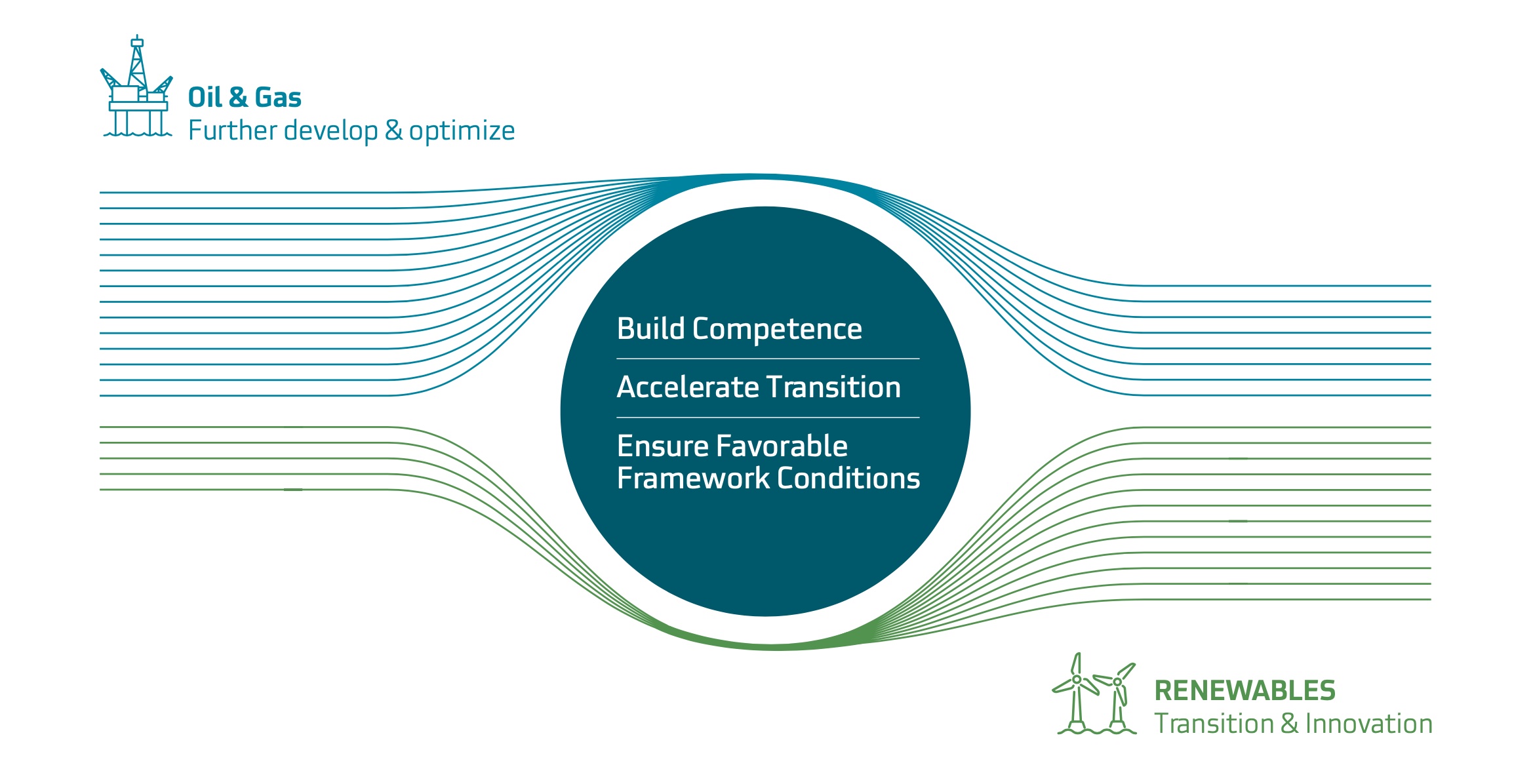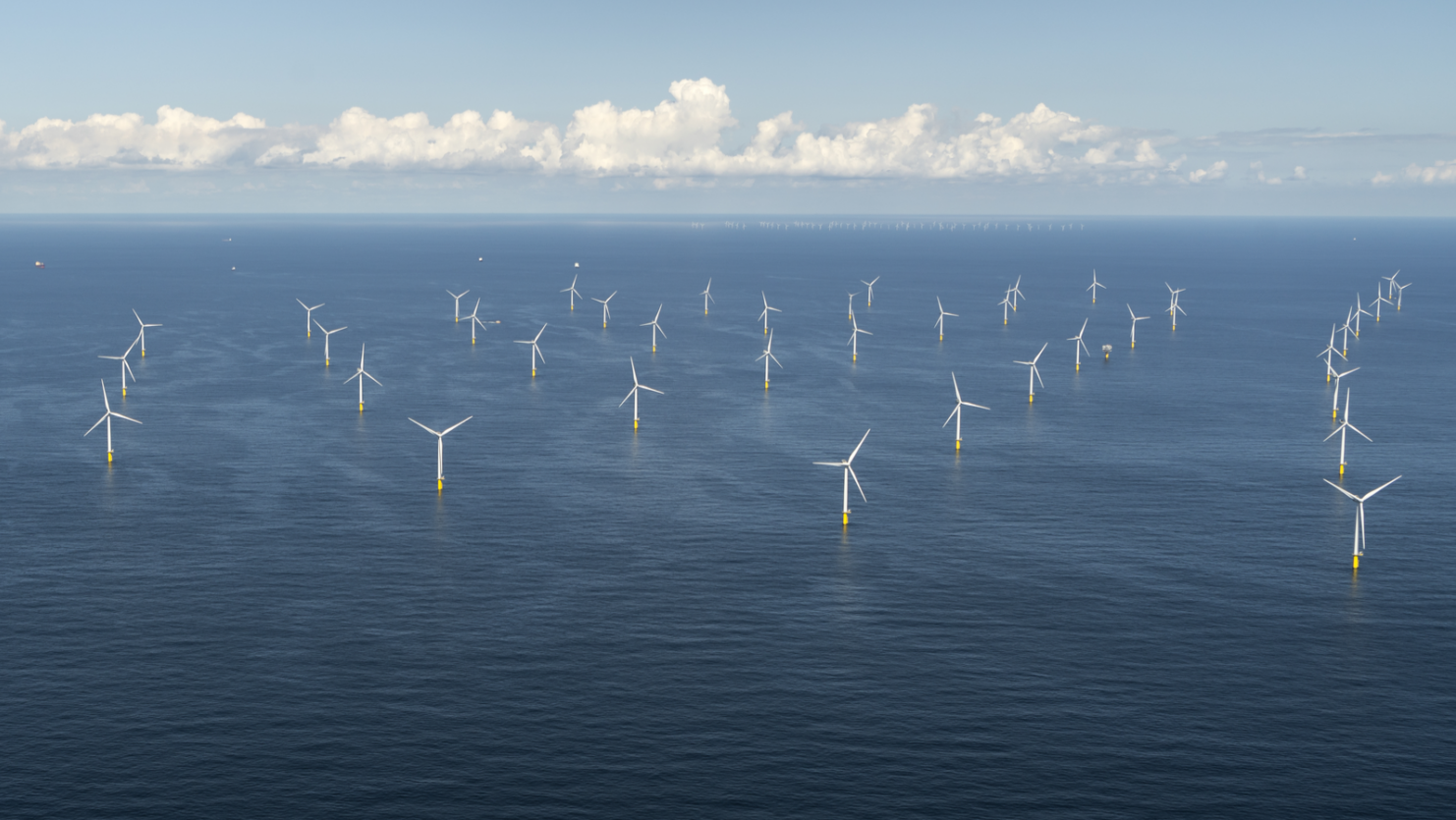“We achieve more when we stand together. I learned that lesson growing up on a farm and on the local football field at Jæren. It is a piece of wisdom that has followed me throughout my maritime industry career,” says Turid Storhaug.
The former Norwegian national team player holds the scarf of the Norwegian Football Federation displaying its slogan; “Stronger together”. Storhaug, a 53-year-old Chief Technology Officer at Global Ocean Technology in Mandal, has experienced the truth in it.
“The teams that win, whether in business or sports, are the ones who manage to build a strong unity and good team spirit. A good team brings out the best in each individual participant and creates motivation to work hard to reach common goals,” says Storhaug.
She finds GCE NODE to be based on such a way of thinking and, thus, accepted to be a candidate for a position on the GCE NODE Board of Directors. In April, she was elected by the Annual General Meeting.
“The business cluster brings companies and people together. It is an important arena for networking and collaboration on new business areas and innovation. GCE NODE’s task is to make its participating companies better”, she says.
As CTO of Global Ocean Technology, Storhaug is currently most occupied with positioning Mandal and the region for the emerging offshore wind market. She leads the Windport initiative, which aims to get a position as an assembly and service port for offshore wind projects in the North Sea.
“Agder is perfectly positioned for the task. We are close to the North Sea wind development areas, have a lot of competence and technologyand we have easy access to large port areas with deep-water quays”, says Storhaug.
FARMING AND SPORTS
Working hard comes naturally for a woman who was raised on a farm, who had a terrific sporting career at the top Norwegian level, and who later pursued a career in the male-dominated maritime and oil & gas industries.
“I grew up on a farm in Jæren with my mother, father and three sisters. Since we did not have a brother to groom into taking over the farm, one of us sisters were expected to take over the farm. My oldest sister received a welding machine as a gift for her confirmation. I learned how to dismount and fix much of the equipment on the farm myself”, she recalls.
With a father, uncles and aunt who were all active in athletics and gymnastics, and a grandfather who led the local sporting club Klepp, sports was an important arena for the Storhaug family. The family expected the daughters to do gymnastics or athletics, but both Turid and her three sisters found football far more exciting. Turid’s football career started at an early age at Klepp. Playing with boys who were bigger and stronger, made her tough.
“We met opponents who made jokes when they saw me among the male players. But they stopped laughing when I dribbled them on the court,” she says.
In the years that followed, she had an impressive career in women’s football, including 22 international matches for Norway and over 300 goals in the top league. For a period, sport was given priority over studies in mechanical and materials technology at Rogaland College.
“My years in top football were incredibly rewarding. We traveled to many places and had a lot of fun. At the same time, we learned to deal with inequality and many hurdles. At that time, women’s football had a low status. While the top male players did not have to work parallel with playing football, we had to do both. The men’s team also had the best coaches, priority on the training pitch, new equipment etc whereas we got what was left.” she recalls.
NANOTECHNOLOGY
Over the years, interest in technology and business development grew on Storhaug. She attended the University of Surrey to take a master’s degree (Sivilingeniør) in materials technology. Later, she obtained an MBA in Strategy and emerging economies at BI. As a newly graduated engineer, Storhaug found her first job in Mandal at the company Kværner Mandal.
“We built MTBs and advanced minesweeper vessels for the Norwegian Navy. They were assignments that brought along delays and political strife,” she recalls.
In the years that followed, Storhaug held management positions in several companies in the maritime and oil & gas sectors; Aker Kværner, DNV, Umoe and NOV. Together with skilled colleagues, she had to tackle many challenges.
“One of the highlights was probably the scope of developing lighter and stiffer subsea cables for the offshore industry. The solution was a cable with carbon fibre composite material, which proved to work very well”.
In recent years, Storhaug has worked extensively with nanotechnology applied in e.g. surface coatings and as material reinforcement.
“An important driving force for me is to be involved in the much-needed transition to a sustainable future. We will eventually free ourselves from fossile fuels and instead develop renewable energy solutions. As a nation, we can be a winning team; we have a long coast, tons of maritime knowledge, and a strong industrial community with the ability to adapt and innovate. I want to be part of this journey,” says Storhaug.




